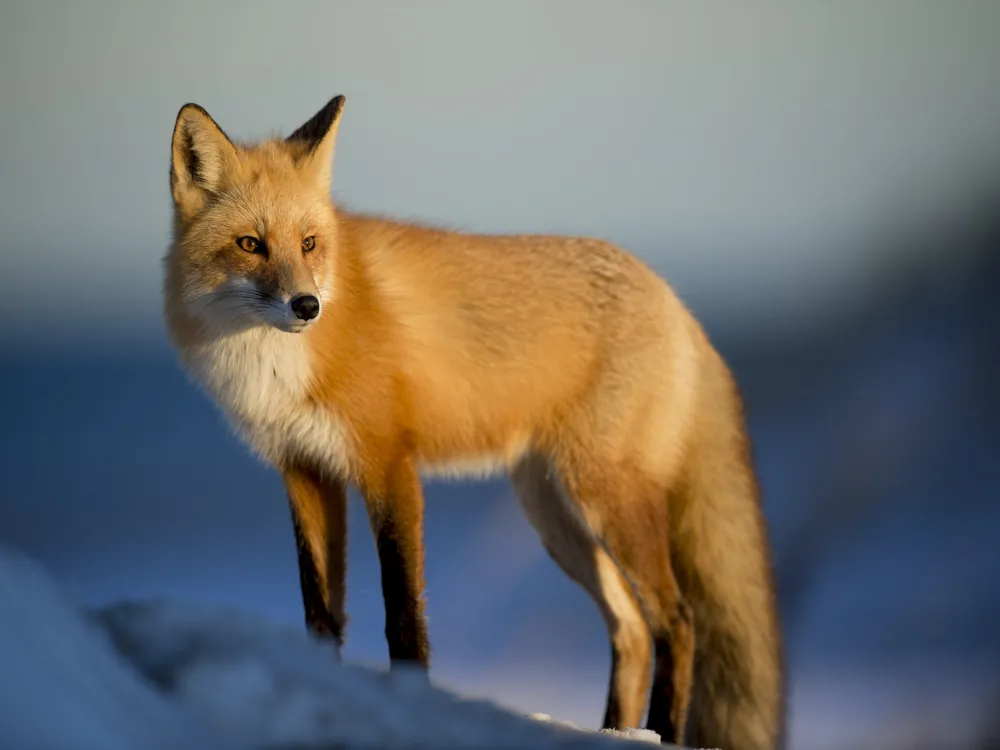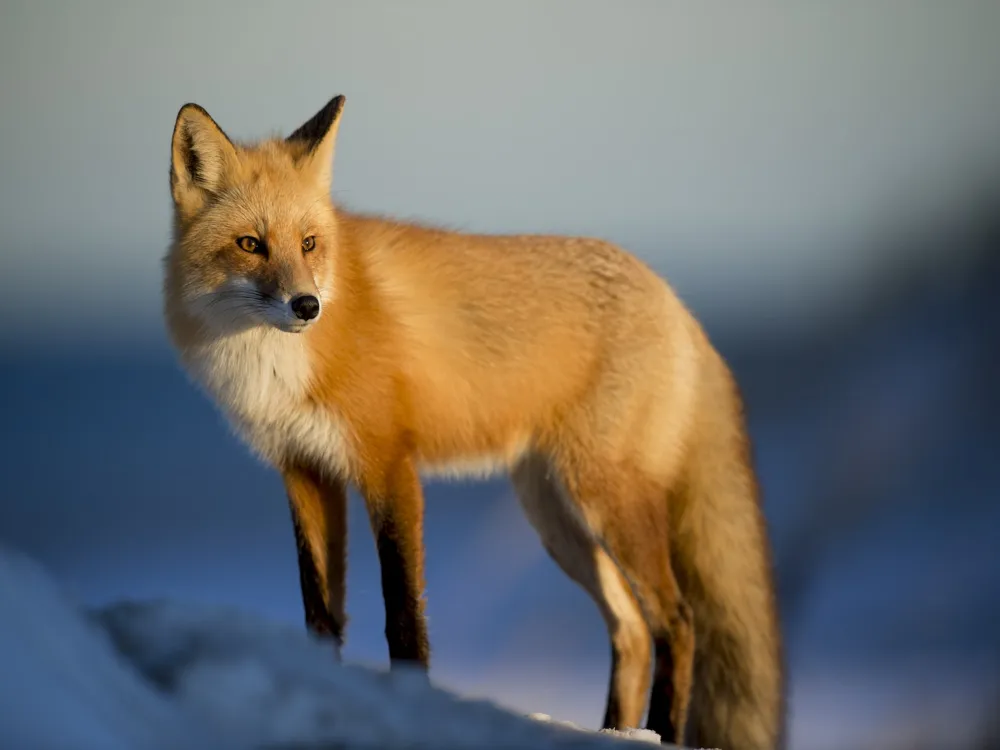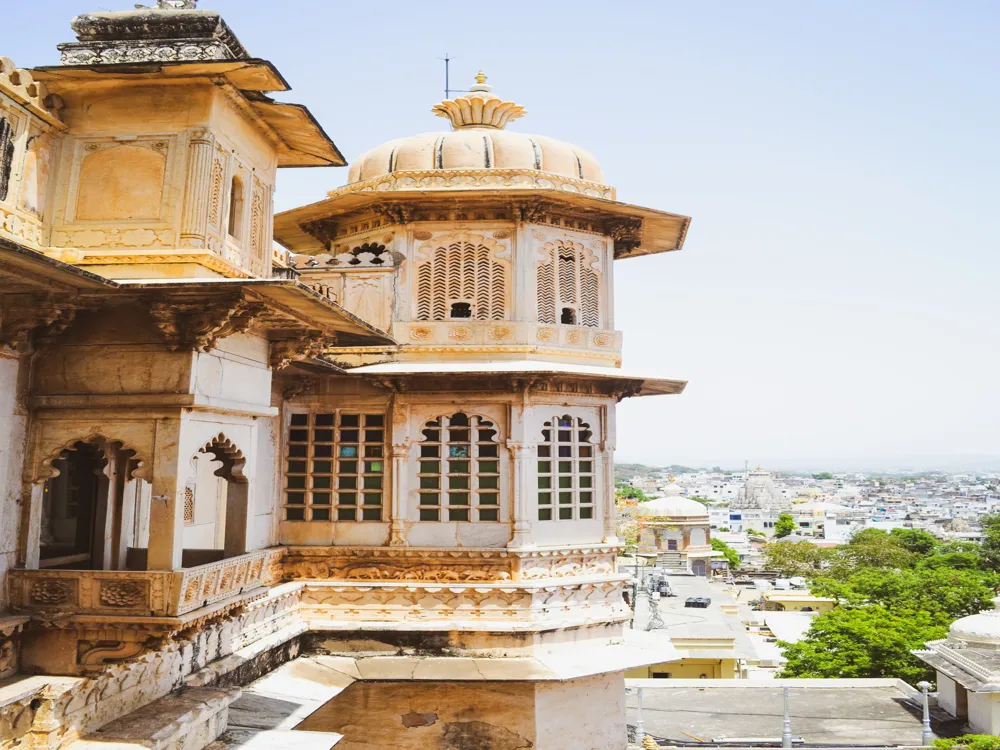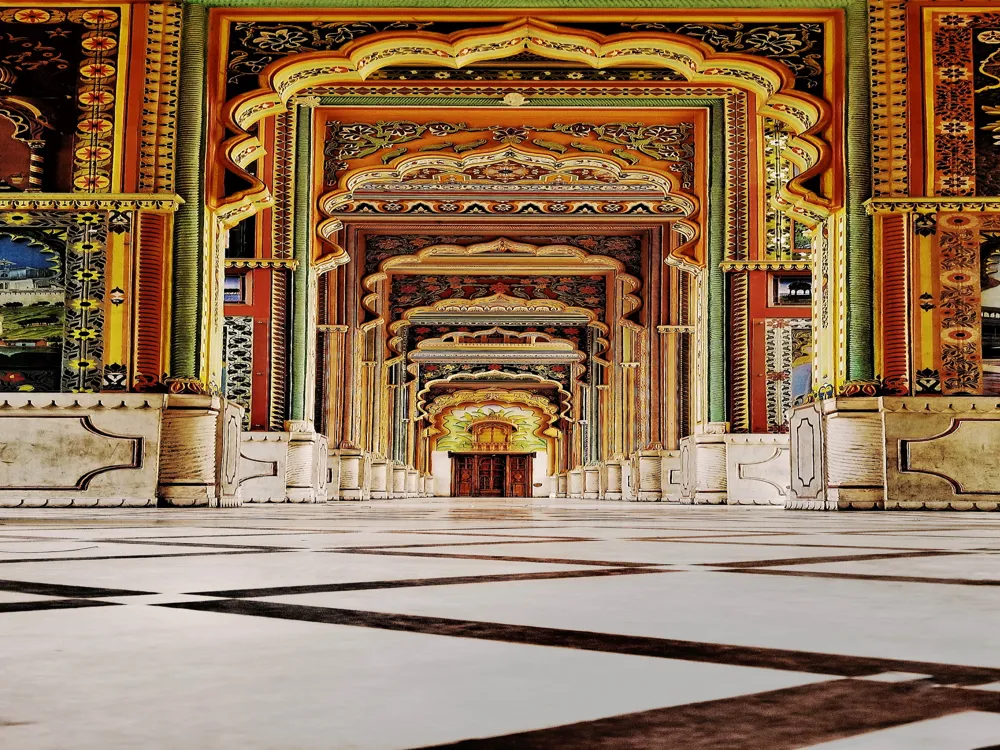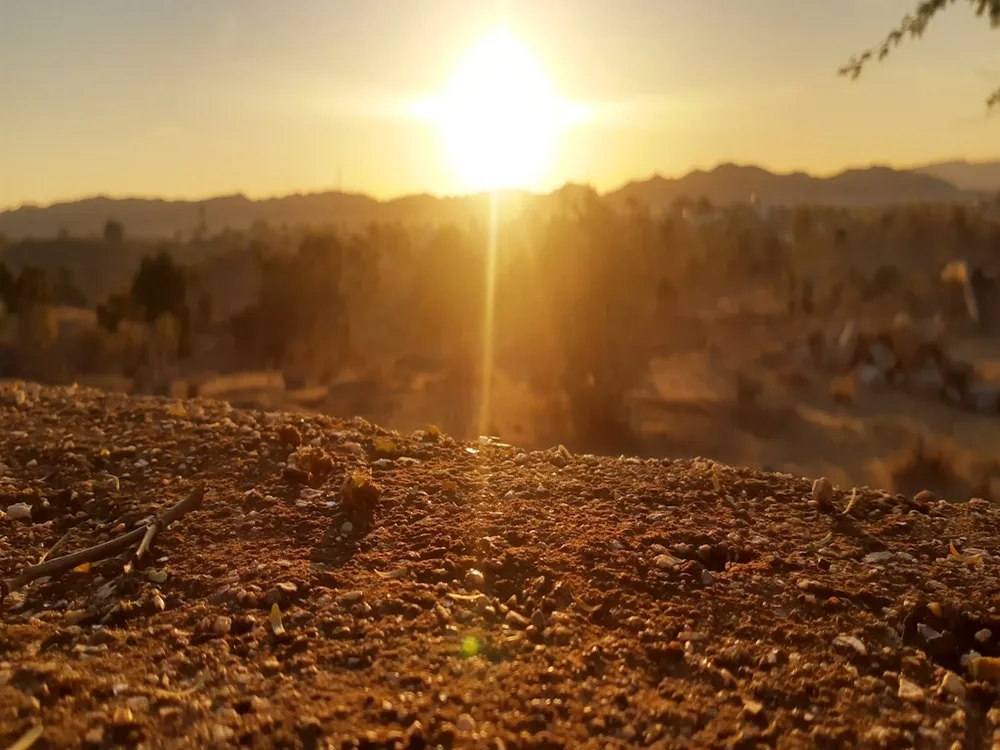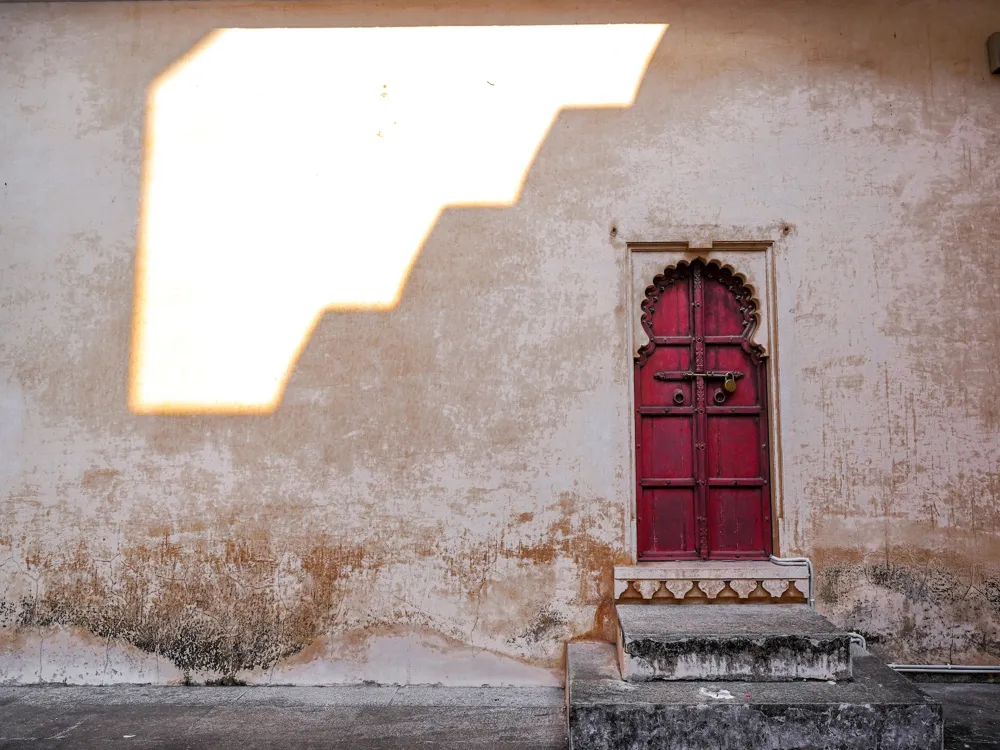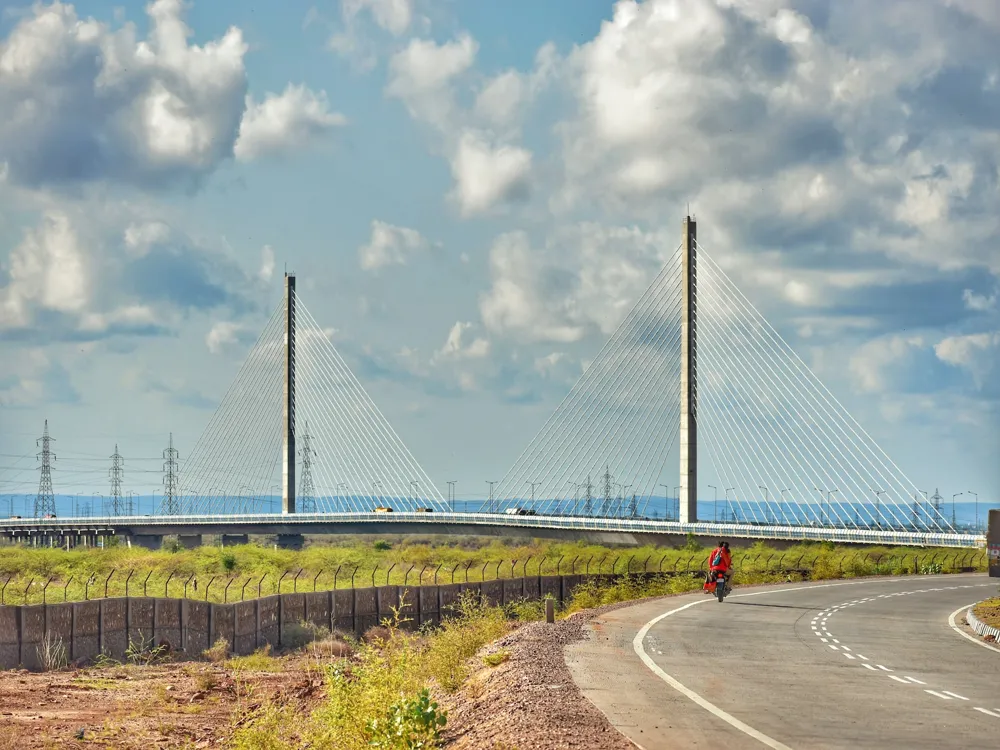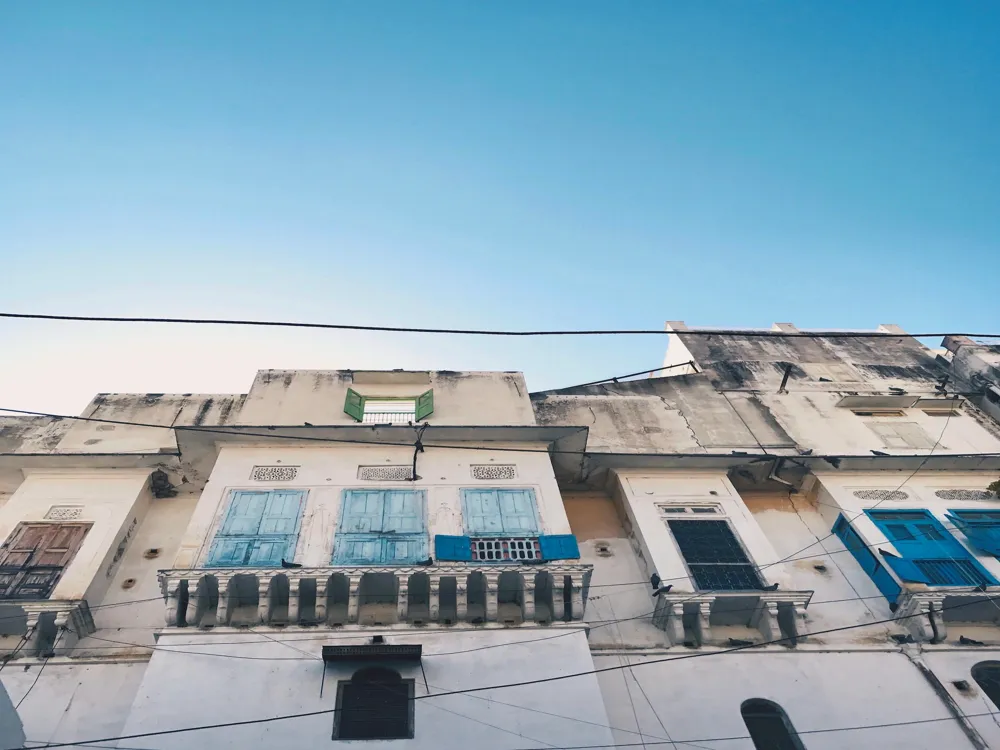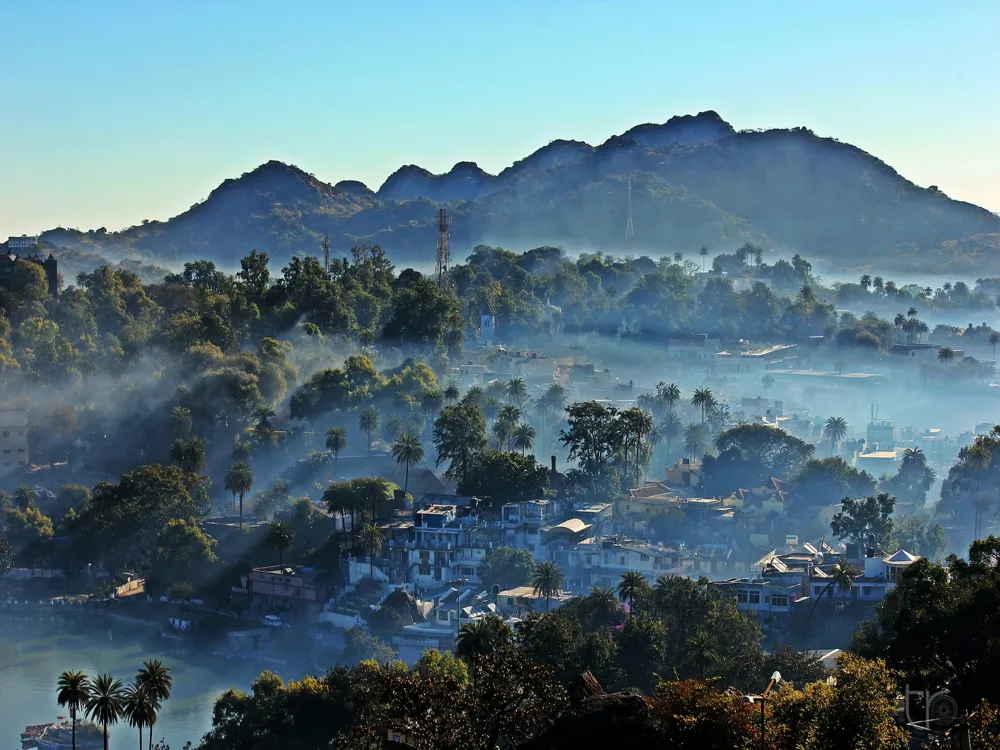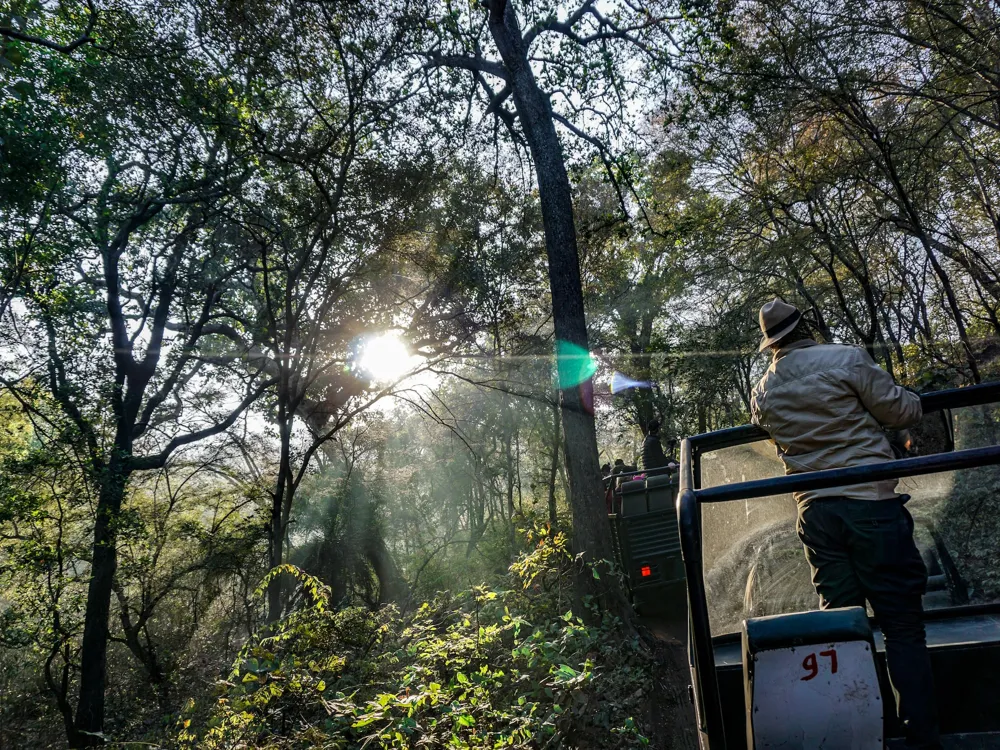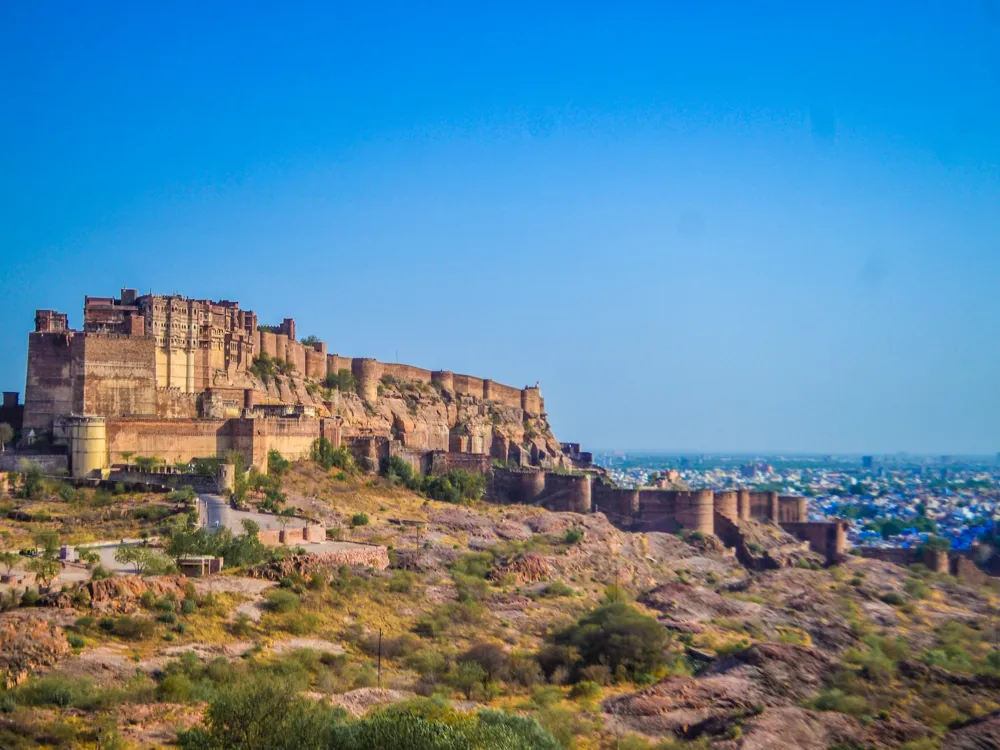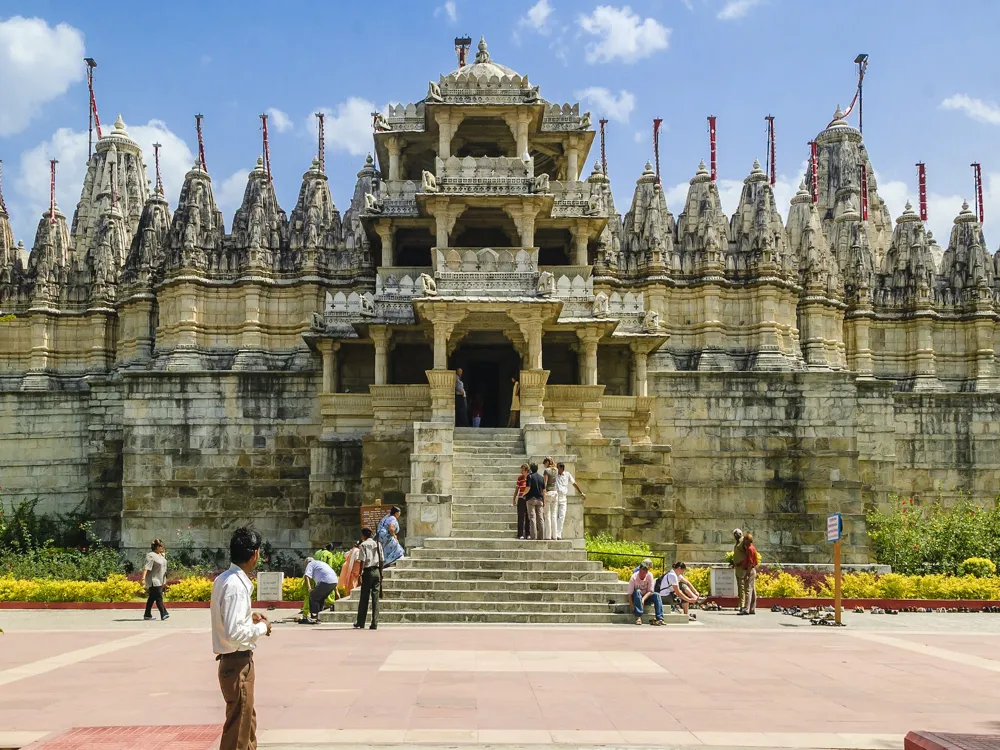Chittorgarh, located in the heart of Rajasthan, is a city steeped in history and culture. Known for its majestic fort, which is one of the largest in India, Chittorgarh epitomizes the spirit of Rajput valour, resistance, and bravery. The city's history is a rich tapestry of heroic battles, royal sacrifices, and remarkable legends, making it an essential part of India's cultural heritage. Chittorgarh's allure isn't just in its past; the present-day city is a vibrant blend of old-world charm and modern vibrancy, offering a unique experience to its visitors. The history of Chittorgarh is as old as the Mahabharata era, with the city being mentioned in ancient Hindu texts. The fort, which stands as a symbol of the city, has witnessed some of the most significant events in Indian history, including the famous sieges by Alauddin Khilji, Bahadur Shah, and Akbar. Each siege and its aftermath are etched into the annals of Indian history, showcasing the indomitable spirit of the Rajputs. The tales of Rani Padmini's beauty and valor, Maharana Pratap's resistance against Mughal invasions, and Meera Bai's devotion to Lord Krishna are all intertwined with Chittorgarh's history, making it a place of immense historical significance. Chittorgarh's culture is a vibrant amalgamation of traditional Rajasthani customs and modern influences. Festivals like Jauhar Mela, celebrating the bravery of Rajput ancestors, and Gangaur, a colorful celebration of marital bliss and spring, are celebrated with great zeal. The city's cuisine, music, and dance forms, like Ghoomar, are a testament to its rich cultural tapestry. The locals, known for their hospitality, add to the city's welcoming atmosphere, making every visitor's experience memorable. The art and craft scene in Chittorgarh is a reflection of its historical and cultural richness. Traditional crafts like Thewa art, a unique technique of glass and gold work, and leatherwork are prevalent. Local markets are filled with vibrant handicrafts, textiles, and jewelry, offering a glimpse into the artistic talents of the people of Chittorgarh. The architecture of Chittorgarh is a testament to the city's glorious past. Dominated by the imposing Chittorgarh Fort, the architectural style of the city is predominantly influenced by Rajputana designs, with a blend of Hindu and Jain cultural influences. The fort, sprawling over a hill of 590 feet in height, covers a massive area and showcases the engineering prowess of the Rajputs. It houses several historical palaces, gates, temples, and towers, each with its own unique architectural and historical significance. The Chittorgarh Fort, a UNESCO World Heritage Site, is not just an architectural marvel but also a symbol of Rajput heroism. The fort's massive structure includes several palaces like Rana Kumbha Palace and Padmini Palace, each narrating a story of valor and tragedy. The fort's seven gates, including the famed Ram Pol and Padan Pol, served as strategic defense points. The Vijay Stambh (Victory Tower) and Kirti Stambh (Tower of Fame) are exemplary of Rajput architectural brilliance, adorned with intricate carvings and inscriptions. Chittorgarh is also known for its spiritual significance, with several ancient temples dotting the landscape. The Kalika Mata Temple, originally a Sun Temple, and the Meera Temple, dedicated to the devout saint Meera Bai, are notable for their architectural beauty and historical importance. These temples are not just places of worship but also serve as custodians of the city's rich heritage and art. The Jain influence on Chittorgarh's architecture is evident in several structures. The Kirti Stambh, built by a Jain merchant, is an example of Jain architectural elements in the city. The fort also houses several Jain temples, showcasing intricate carvings and sculptures that are significant in Jain religious history. The ideal time to visit Chittorgarh is between October and March when the weather is pleasant. Avoid visiting during the summer months as the heat can be intense. Chittorgarh offers a range of accommodation options, from luxury hotels to budget stays. It's advisable to book in advance, especially during festival seasons. Auto-rickshaws and taxis are the most convenient ways to navigate the city. For a more authentic experience, consider hiring a bicycle or a motorbike to explore the smaller lanes. As a place rich in history and tradition, it's important to respect the local customs and traditions. Dress modestly, especially when visiting religious sites, and be mindful of local etiquette. Chittorgarh is well-connected by road, rail, and air. The nearest airport is Maharana Pratap Airport in Udaipur, about 90 km away. The city has its own railway station, Chittorgarh Junction, which is well connected to major Indian cities. By road, Chittorgarh is accessible via National Highway 27, making it easy to reach by bus or car from neighboring cities and states.Overview of Chittorgarh, Rajasthan
The Rich History of Chittorgarh
The Culture and Festivities
Art and Craft of Chittorgarh
Architecture of Chittorgarh
Chittorgarh Fort: A Symbol of Rajput Glory
Temples and Spiritual Sites
The Influence of Jain Architecture
Tips When Visiting Chittorgarh
Best Time to Visit
Accommodation Options
Local Transportation
Respecting Local Culture
How To Reach Chittorgarh
Kalika Mata Temple
Chittorgarh
Rajasthan
₹ 9,200 onwards
View chittorgarh Packages
Weather :
Tags : Temple
Time Required : 1-2 hours
Planning a Trip? Ask Your Question
Chittorgarh Travel Packages
View All Packages For Chittorgarh
Top Hotel Collections for Chittorgarh

Private Pool

Luxury Hotels

5-Star Hotels

Pet Friendly
Top Hotels Near Chittorgarh
Other Top Ranking Places In Chittorgarh
View All Places To Visit In chittorgarh
View chittorgarh Packages
Weather :
Tags : Temple
Time Required : 1-2 hours
Planning a Trip? Ask Your Question
Chittorgarh Travel Packages
View All Packages For Chittorgarh
Top Hotel Collections for Chittorgarh

Private Pool

Luxury Hotels

5-Star Hotels

Pet Friendly


